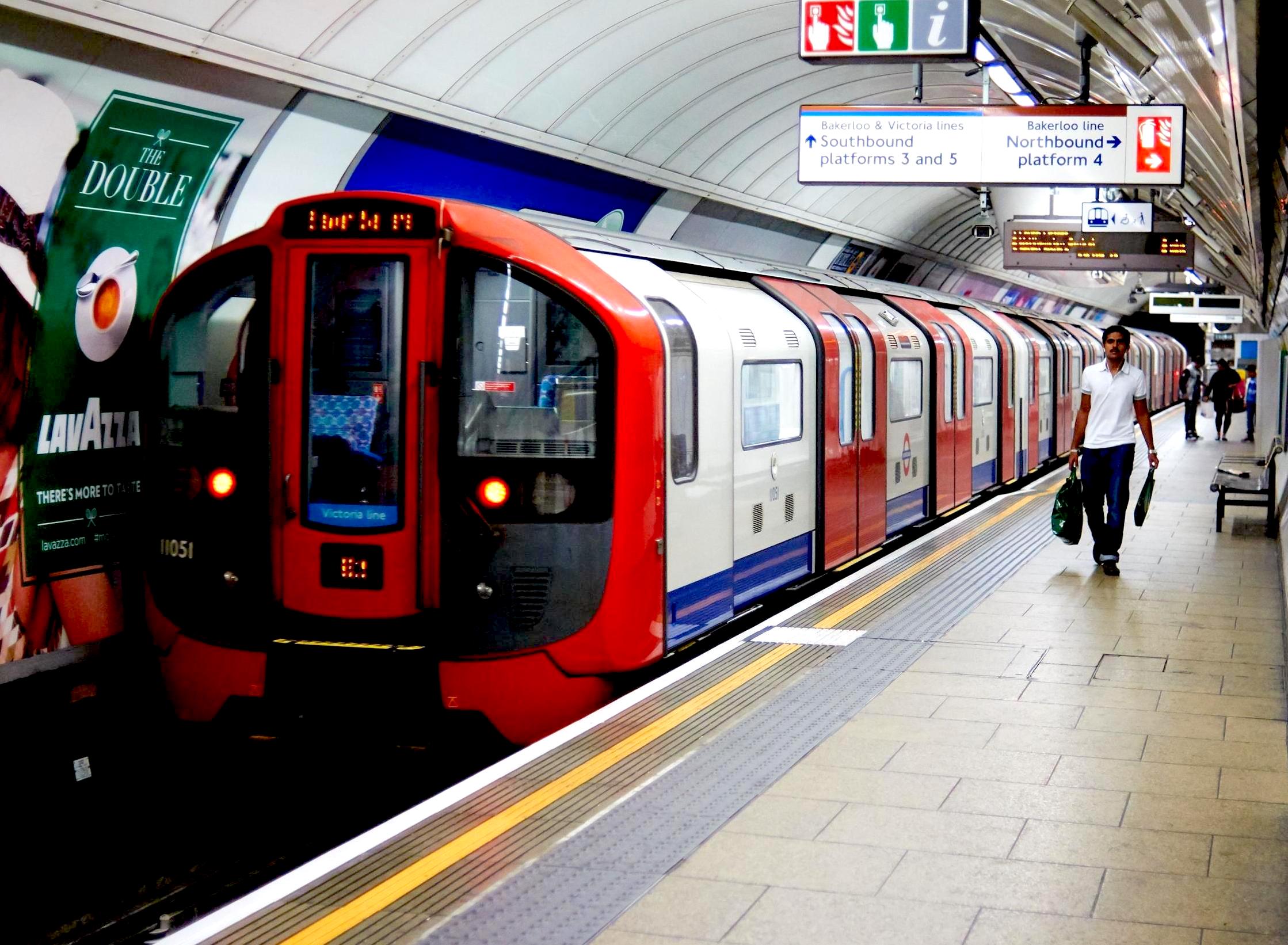3 Mins Read
The London mayor Sadiq Khan has recently announced plans to power the Transport for London (TfL) Tube network with 100% renewable energy. As a part of the commitment to deliver a carbon neutral rail network by 2030, TfL has launched a market test of tube networks to be supplied with electricity directly from wind and solar sources.
By 2030, London’s underground will be powered with 100% renewable electricity, making it more cost-effective while tackling the climate crisis. Instead of sourcing electricity from the national grid’s mix of power generators, the new proposals outline a rail network supplied directly by wind and solar farms.
According to a study carried out by British Business Energy, around 200 wind turbines or 5.6 million solar panels will be required to power the entire tube network on renewable energy. As it stands, only 16% of the electricity used to power the London underground comes from renewable sources.
Currently, the tube is one of the largest consumers of electricity in the United Kingdom, requiring 1.6TWh each year – comparable to the electricity usage of over 437,000 homes. The switch to renewable energy could therefore have a significant impact on lowering the capital’s carbon emissions.
Covid-19 has had a devastating impact but as we recover we want to make sure that we build a better, greener and more equal city.
Sadiq Khan, London Mayor
“As one of the single biggest purchasers of energy in London, it is important that TfL leads the way on green energy,” said London mayor Sadiq Khan. “This is a vital step towards my ambitions for TfL – and London – to be zero-carbon by 2030.”
To achieve this goal, TfL has just launched a new market testing exercise to work out a deal with renewable energy providers.
“This early market engagement will help us better understand generator preferences, their impact on price and their ability to decarbonise our future power requirements,” said Lilli Matson, the network’s chief safety, health & environment officer.
Khan added that the plans to decarbonise the railway is even more important in the wake of the coronavirus pandemic, which has further highlighted the devastating consequences of continued ecological destruction on the planet.
As one of the single biggest purchasers of energy in London, it is important that TfL leads the way on green energy.
Sadiq Khan, London Mayor
“Covid-19 has had a devastating impact but as we recover we want to make sure that we build a better, greener and more equal city,” said the mayor, who earlier this year committed the city to prioritise climate action and equality in the pandemic rebuilding process as a part of a C40 pledge.
Scientists have reiterated that humanity’s devastation on nature and wildlife is among the top reasons driving more frequent pandemics.
Renewables have also proven more resilient sources of electricity in the midst of the economic volatility induced by the coronavirus. Experts from the global energy watchdog, the International Energy Agency (IEA), recently said that renewables have proved to be the sole source of energy resilient to the energy shock while the fossil fuel industry faces a crisis.
Lead image courtesy of PA Wire.




